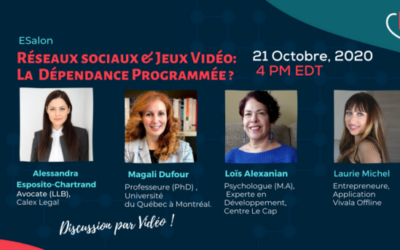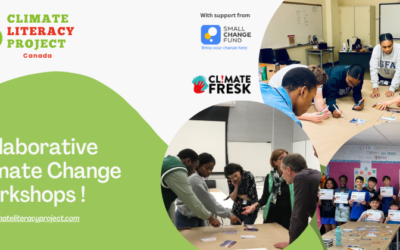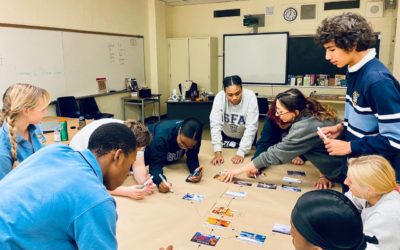Ontario Tech University’s Faculty of Education ’s Dr Janette Hughes has been granted funding from the SSHRC to develop innovative research in partnership with Caroline Isautier, of Tech for Good Canada and Dr. Jennifer Laffier of the Mental Health in the Digital Age Lab. This project focuses on developing and piloting an innovative approach to working with youth to promote pro-social activism with digital media at a time when they are more isolated and disconnected from their peers than ever before.
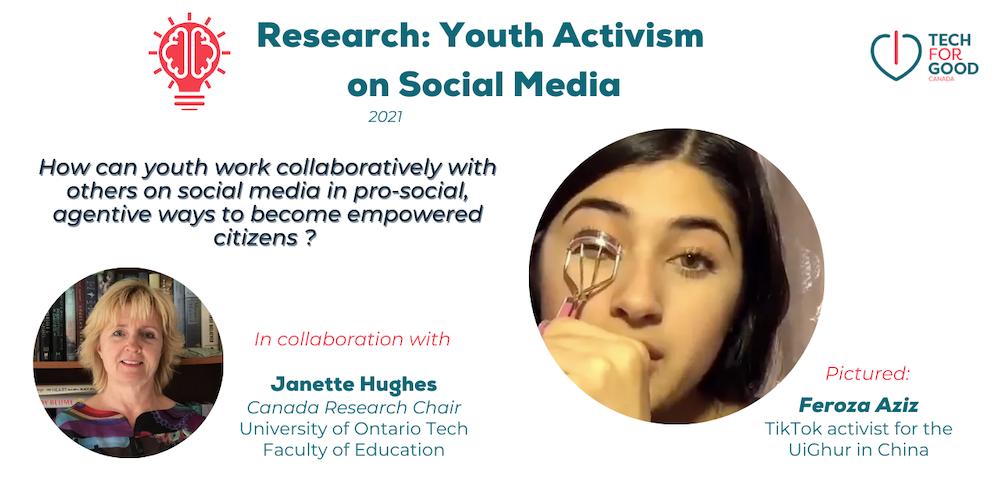
Dr. Janette Hughes is Canada Research Chair in Technology and Pedagogy and Professor in Digital Literacies at Ontario Tech. Dr. Jennifer Laffier, also a licensed therapist, focuses on the intersection of mental health, education and technology at Ontario Tech’s Faculty of Education. Caroline Isautier, BA and MBA, has a twenty year background in digital communications in the corporate world and is Director of the Tech for Good Canada non profit.
The challenge will provide youth with an opportunity to use social media to address a social issue of importance to them and the findings from the research we will conduct based on the challenge will inform the development of a new conceptual framework for digital citizenship that includes digital activism as a key component.
The Policy Horizons Canada report, The Next Generation of Emerging Global Challenges (2018), indicated that an ‘asocial society‘ was growing due to changes in education, the workplace, and socialization habits, leading more people to feeling isolated and less engaged. The pandemic has only exacerbated this global trend. Increased feelings of loneliness and isolation can lead to community disengagement, a loss of empowerment, and asocial behaviours.

Pre-Covid-19, youth had greater opportunities to socialize, share and engage with each other. Connecting through social media was a norm for youth and provided them opportunities to share and experiment with their self-image, voice, and influence, all of which are important aspects of online civic engagement and empowerment. It is not surprising that we have seen an upsurge in social media use since the global pandemic struck. At a time when human connection and the need for information is at its height, people are flocking to social media for updates and to connect with others.
We at Tech for Good Canada, like many others, focus on digital citizenship that protects children when it comes to social media use. Teaching resources that deal with protecting their mental health, their privacy, handling cyberbullying, preventing risky behaviours such as sexting, and deciphering fake news abound online. These are all important issues to combat. Youth need to know how their privacy and security can be compromised and how social media may impact their well-being. However, youth can also use if for sharing and engaging in pro-social ways that promote emotional and social wellness. Youth do need to understand how they can use social media to enhance their sense of empowerment, civic engagement, and pro-social behaviours, as these tools are largely designed for short, frivolous, even sensational communication.
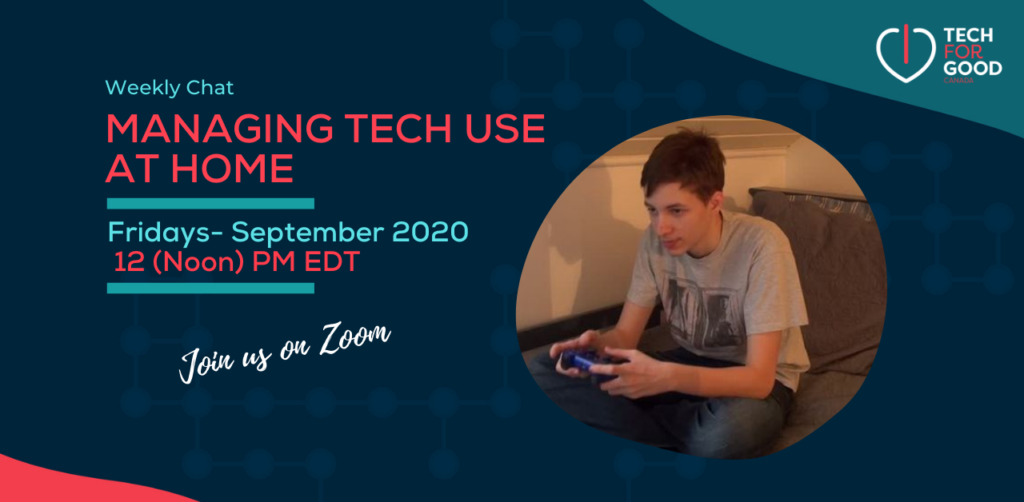
This challenge will push back against risk narratives to provide youth with an opportunity to explore personal and global issues that concern them by working collaboratively with others in pro-social, agentive ways to become empowered citizens who take responsibility for their own life outcomes and self-governing behaviour. Through this, youth can develop a sense of empowerment, increase feelings of community connection and reduce loneliness that resulting in a growing asocial society. Data collected from this participant engagement with this Challenge will help inform research related to developing updated conceptualizations of critical digital citizenship and how we might better help youth use social media as a pro-social tool to make change in their world.
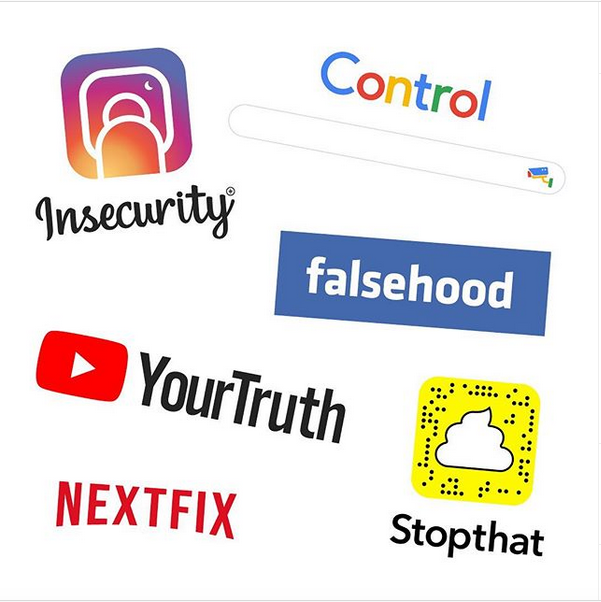
The proposed research is innovative in that it combines a critical digital citizenship approach with youth empowerment, which pushes the traditional digital citizenship models typically found in schools beyond protectionism, towards an agenda that contextualizes how social media might be used to make meaningful change in the world at a time when the reality of climate crisis, growing mistrust in science, and general uncertainty as a result of the global pandemic, offers significant challenges to Canada in the coming decades. More details will be available in the coming weeks but feel free to use the contact form or subscribe to our newsletter to stay informed.
To illustrate this research effort, we’ve featured a recent young activist on TikTok, American Feroza Aziz, who, in 2019, used a make up video to denounce killing of the Uighur population by the Chinese governement.

After beginning with how to use an eyelash curler, she adds: “Then you’re going to put [the eyelash curler] down and use your phone … to search up what’s happening in China, how they’re getting concentration camps, throwing innocent Muslims in there, separating families from each other, kidnapping them, murdering them, raping them, forcing them to eat pork, forcing them to drink, forcing them to convert.”



